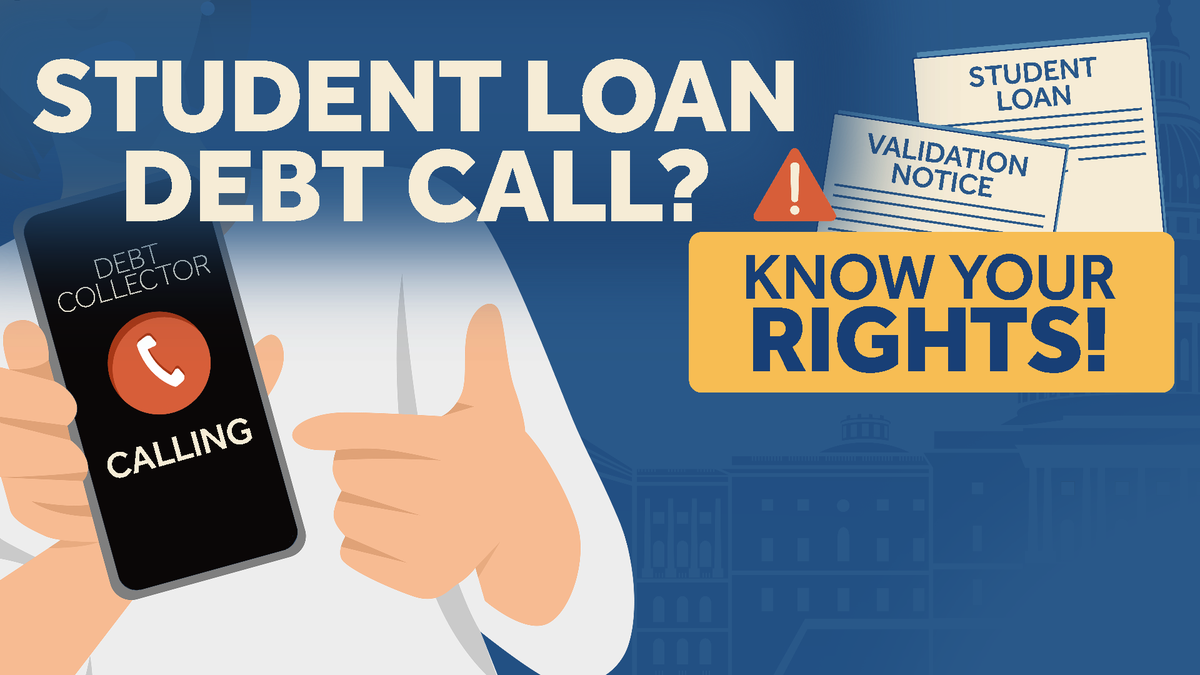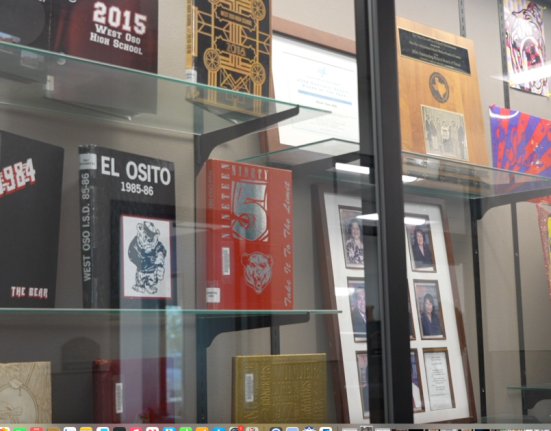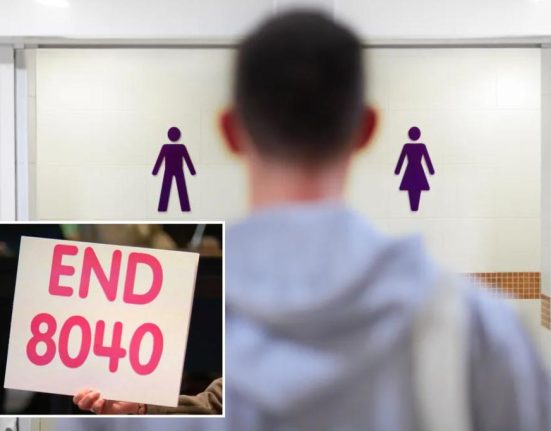The Department of Education has resumed collection on debt from millions of defaulted student loans for the first time in five years. You may be wondering: what are your rights if a debt collector contacts you? And how can you be sure the call is legitimate, with scammers looking to prey on vulnerable borrowers? If a debt collector contacts you, verify their legitimacy by checking directly with your student loan servicer to confirm the status of your loan and whether it has been turned over to collections. Debt collectors must legally provide a written validation notice detailing the amount owed, the creditor’s name, and your rights. The FTC advises against sharing personal or financial information with a debt collector until you’ve gotten validation information or are already familiar with the collector. The law also limits how and when a debt collector can contact you about your debt. For example: Debt collectors can’t contact you before 8 a.m. or after 9 p.m., unless you agree to it.Debt collectors can’t call you more than seven times within a seven-day period, or within seven days after talking with you by phone about a particular debt.Debt collectors can’t contact you at work if you tell them you’re not allowed to get calls there.Debt collectors can’t contact you by email or text message if you ask them to stop. Debt collectors can’t privately message you on social media if you ask them to stop.Borrowers in default on their student loans may face wage garnishment or tax refund seizure. Contact your loan servicer promptly to discuss repayment options and explain your financial situation.The Department of Education advises borrowers to avoid paying for services related to federal student aid. If a company asks for fees to manage your loans, it’s likely a scam.
The Department of Education has resumed collection on debt from millions of defaulted student loans for the first time in five years.
You may be wondering: what are your rights if a debt collector contacts you? And how can you be sure the call is legitimate, with scammers looking to prey on vulnerable borrowers?
If a debt collector contacts you, verify their legitimacy by checking directly with your student loan servicer to confirm the status of your loan and whether it has been turned over to collections.
Debt collectors must legally provide a written validation notice detailing the amount owed, the creditor’s name, and your rights. The FTC advises against sharing personal or financial information with a debt collector until you’ve gotten validation information or are already familiar with the collector.
The law also limits how and when a debt collector can contact you about your debt. For example:
- Debt collectors can’t contact you before 8 a.m. or after 9 p.m., unless you agree to it.
- Debt collectors can’t call you more than seven times within a seven-day period, or within seven days after talking with you by phone about a particular debt.
- Debt collectors can’t contact you at work if you tell them you’re not allowed to get calls there.
- Debt collectors can’t contact you by email or text message if you ask them to stop.
- Debt collectors can’t privately message you on social media if you ask them to stop.
Borrowers in default on their student loans may face wage garnishment or tax refund seizure. Contact your loan servicer promptly to discuss repayment options and explain your financial situation.
The Department of Education advises borrowers to avoid paying for services related to federal student aid. If a company asks for fees to manage your loans, it’s likely a scam.







